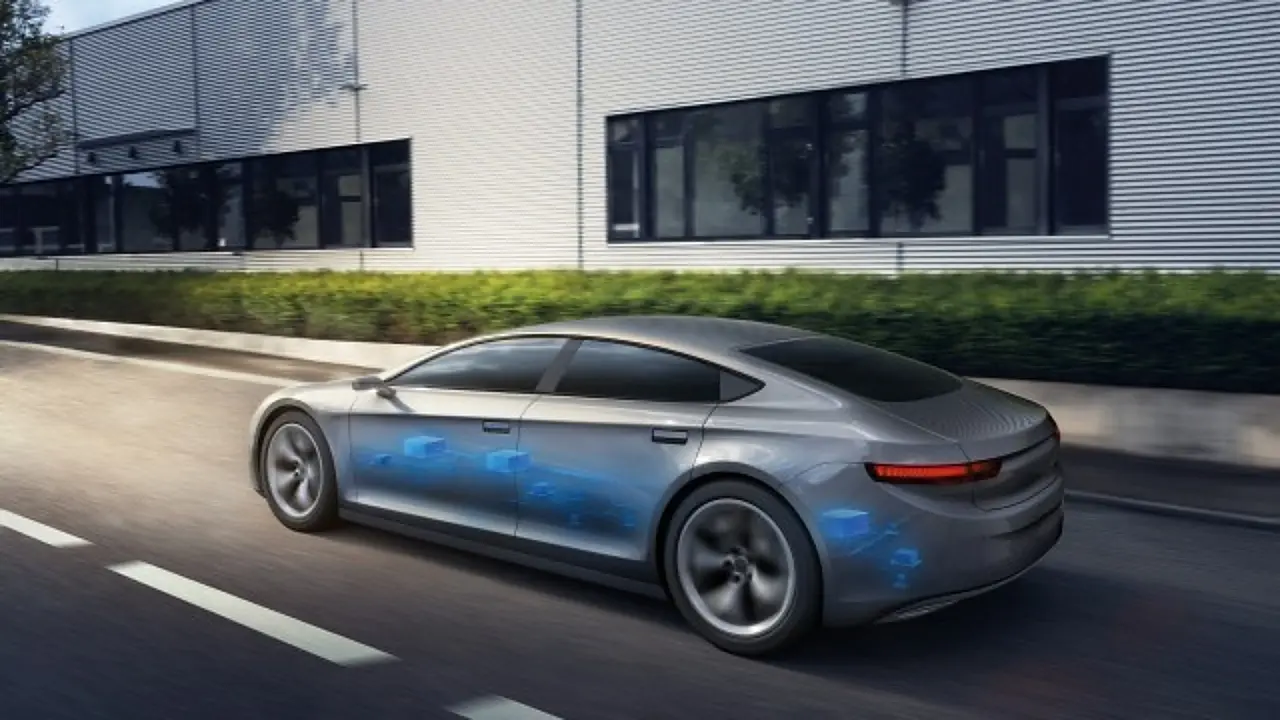
As the race towards software defined vehicles intensifies, every supplier aims to take a sizeable share of the pie with their innovation. Bosch, at CES 2024 in Las Vegas, will demonstrate the fusion of infotainment and driver assistance functions in a software-intensive central computer on a single SoC. The company stated that the trend toward software-defined mobility goes hand in hand with a centralised vehicle and electric/electronic (E/E) architecture.
While numerous electronic control units usually control different functions in the car today, in the future just a few central vehicle computers will unite multiple system functions from previously separate domains. To do this, new computers with a powerful processor, known as a system on chip (SoC), are necessary.
Current Landscape And The Vision For The Future
Currently, electronic control units scattered throughout vehicles manage various functions independently. However, the trend toward software-defined mobility foresees a significant transformation. Instead of numerous control units, a few central vehicle computers will integrate functions from distinct domains.
Dr Markus Heyn, member of the board of management, Robert Bosch GmbH and chairman, Bosch Mobility, emphasises the importance of reducing complexity while enhancing security. The goal is to bring more automated driving functions to the road, extending to compact and midsized car segments.
Core Innovation: Cockpit & ADAS Integration Platform
At the heart of Bosch's groundbreaking move is the cockpit & ADAS integration platform, a new vehicle computer designed to process functions from the infotainment and driver assistance domains simultaneously.
This includes automated parking, lane detection, personalised navigation, and voice assistance. The integration of these functions on a single SoC brings significant advantages for vehicle manufacturers, leading to reduced space requirements, minimal cabling, and subsequently lower costs.
'Central vehicle computers are the heart of software-defined cars. In the future, they will control all the domains in modern vehicles and reduce the currently high number of individual control units,' stated Dr. Heyn, highlighting the pivotal role central vehicle computers will play in shaping the future of automotive technology.
Business Projections And Modular Scalability
Bosch is not only envisioning the future but actively shaping it through its innovative approach. The company anticipates substantial growth in the vehicle computer market, with an expected sales revenue of three billion euros for infotainment and driver assistance systems by 2026. The modular system principle employed by Bosch for its central vehicle computers offers maximum scalability.
The platform integrates stand-alone software solutions, such as video perception for surround sensing, allowing manufacturers to modularly and scalable assemble individual solutions with hardware components.
Emphasis on software-intensive central computers is critical, enabling manufacturers to implement advanced driving and assistance features. Bosch's integrative expertise facilitates the combination of software components from various sources.
Knowledge As Competitive Advantage
Bosch's competitive advantage lies in its extensive knowledge across all vehicle domains. While the industry is heavily investing in software-defined vehicles, Bosch stands out as an expert not only in software but also in hardware. The company develops and manufactures key components of modern vehicles, including drives, brakes, steering, infotainment, and automated driving, all under one roof.
The market predictions for automotive software reaching 200 billion euros by 2030 and a 32 billion euros market volume for vehicle computers by the same year affirm Bosch's strategic foresight. The company's holistic approach positions it as a leader in the evolving landscape of software-defined vehicles.
Flexibility Through Multi-SoC Approach
Bosch's pursuit of a multi-SoC approach exemplifies its commitment to flexibility. The new vehicle computers are designed to accommodate SoCs from different chip manufacturers based on customer preferences. This decoupling of software and hardware allows Bosch to meet specific customer requests seamlessly.
'Our software runs on chips from different manufacturers. This allows software and hardware to be decoupled from each other,' explains Heyn. Bosch is among the few companies capable of developing a centralised electronic architecture from start to finish, showcasing mastery in the interplay of automotive electronics, software, and the cloud.
Personalised Digital Driving Experience Via Over-the-Air Updates
One of the standout features of Bosch's approach is the incorporation of over-the-air updates. This allows the introduction of new features, particularly in driver assistance, long after the vehicle purchase. Drivers can enjoy a personalised digital driving experience, reflecting Bosch's commitment to continuous innovation and customer satisfaction.
In conclusion, Bosch's unveiling of the cockpit and ADAS integration platform marks a pivotal moment in the automotive industry's trajectory towards software-defined mobility. As the company continues to lead with innovation and technological expertise, the future promises simplified, secure, and personalised driving experiences for consumers worldwide. Bosch's vision goes beyond the present, shaping a dynamic and interconnected future for the automotive landscape.
Also Read
Bosch Launches L.OS Logistics Platform For Europe, India & US